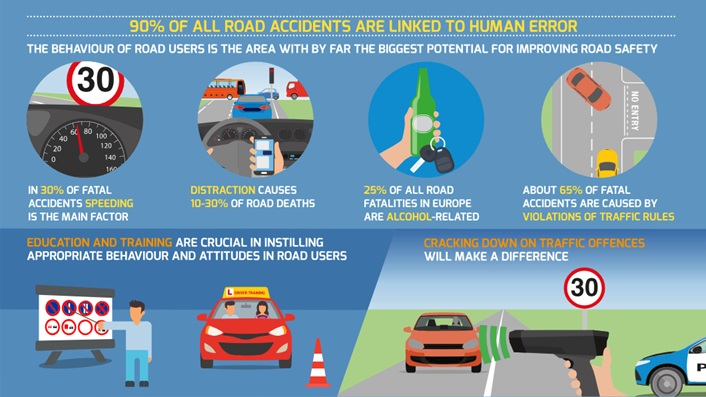Living in another state can be both thrilling and nerve racking. Among the never ending arrangements, paperwork, and packing, another significant chore needing meticulous attention is moving your vehicle. Although it might appear simple, several people commit preventable errors throughout the car relocation process that can damage time, funds, and tranquility.
Six typical errors to sidestep when relocating your vehicle to a new state help to guarantee a seamless transition.
1. Neglecting research of automobile shipment possibilities
Not doing enough research before picking a vehicle transportation company is one of the most frequent and expensive errors. Many people either go with the first company they find or rely solely on price as the deciding factor. This might lead to selecting a service that is not legally licensed, insurance, or is unappreciated by customers.
Before you sign, verify that the company is registered with the Department of Transportation (DOT), ask for several quotes, and look for customer reviews. A bit of research can save you from scams, damage, or postponement. Reputable providers like those offering a West Yorkshire Car Delivery Service are good examples of professionalism and efficiency in the industry.
2. Failing to Heed the Value of Insurance Coverages
It would be a foolish mistake to presume your car is guaranteed throughout shipping. Although many auto transport firms provide some kind of insurance, the policies and restrictions can differ significantly. Should damage or loss occur, insufficient insurance might leave you to pay out of pocket.
Look over the insurance policy of the transport company before you change. It’s also a good idea to contact your personal auto insurance company to find out what is insured during transport and whether any extra coverage is required.
3. Failing to get your car ready
Another common oversight is turning over your car without getting it ready for transit. Harder to spot fresh damage would be this dirty exterior covering of scratches or dents. Belongings left inside the car might move during transit and either be taken or result in interior damage.
Make sure the gas tank is only a quarter full, clean your car inside and outside, photograph it from all sides for records, and clear out all personal belongings. Check for fluid leaks and guarantee the tire is inflated and the battery charged is done.
4. Late booking
Vehicle transport would not benefit from last minute reservations; hotels or rental cars might. Particularly during busy periods or long distance relocations, car carriers have few spaces available. Delaying your booking can lead to less access to dates, higher rates, or limited options in service.
You should start reaching out to car transport businesses at least 2–4 weeks early. Early planning offers you the freedom to select; it helps you protect yourself a good timetable.
5. Disregarding Vehicle Rules for A Given State
Every state within the USA. shares its own standards on vehicle registration, emissions limits, and inspection criteria. Neglecting to investigate these early might result in penalties or problems when registering your vehicle in your next location.
Once you know where you are going, consult the local Department of Motor Vehicles (DMV) to find out about fees, inspections schedule, compulsory papers, and deadlines. Within 30 days of relocating, some states mandate that you register your vehicle.
6. Selecting the inappropriate mode of travel
Open against. Many will not consider enclosed transport. Although open transportation is more economical, it leaves your car exposed to road litter and weather. Enclosed shipping more expensive but provides better security.
Open transport is usually fine for regular vehicle delivery. For antique, luxury, or high value cars, however, enclosed shipping is frequently worthwhile the higher cost for increased protection.
Concluding Thoughts
Driving to a different state need not be a lot of work. avoiding these six usual errors—rushing the decision, disregarding insurance, failing to get your vehicle ready, delaying booking, ignoring local requirements, picking the wrong type of transportation—you may make the process more efficient, secure, and less costly. Good organization and careful attention mean not only will your car be safeguarded but you will also have one less concern during your relocation.

